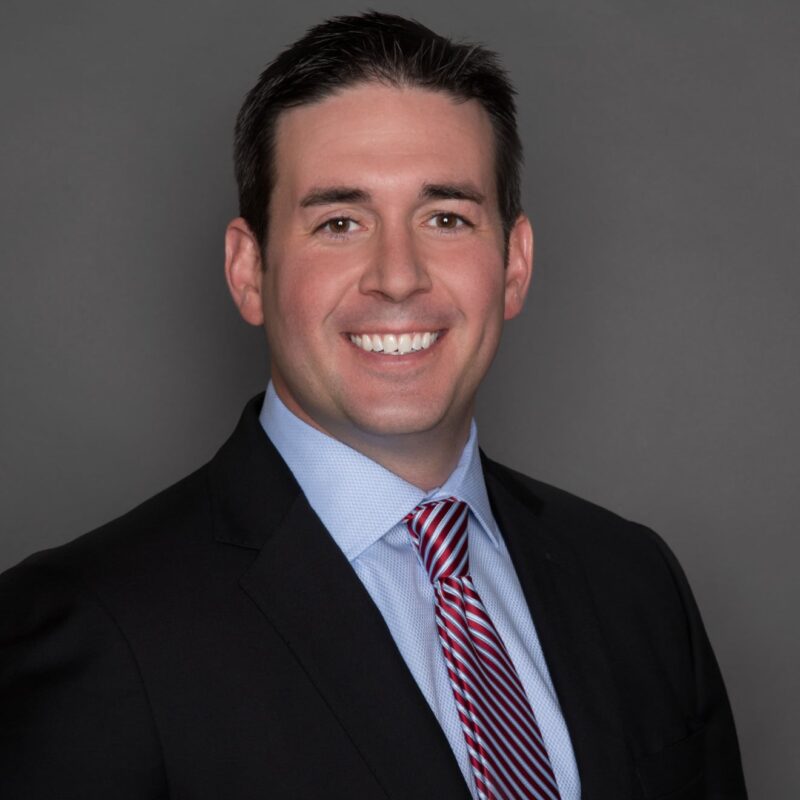How Does Jury Selection Work in Arizona? A Guide by R&R Criminal Defense Attorneys

Arizona Jury Selection Process
A Guide by R&R Criminal Defense Attorneys
When facing a criminal trial, one of the most crucial steps is the jury selection process. At R&R Criminal Defense Attorneys, we understand that the composition of the jury can significantly influence the outcome of a case. In this blog post, we will walk you through the process of jury selection in Arizona, shedding light on its importance and intricacies.
Step 1: Summoning Jurors
The jury selection process begins with the summoning of potential jurors. In Arizona, jurors are selected randomly from a pool that includes registered voters, licensed drivers, and state ID holders. This ensures a diverse cross-section of the community.
Step 2: Juror Qualification and Exemption
Once summoned, potential jurors must complete a questionnaire to determine their eligibility. Basic qualifications include being a U.S. citizen, at least 18 years old, a resident of the county where the trial is taking place, and proficient in English. Certain exemptions can disqualify a person, such as having a felony conviction or physical or mental incapacity that prevents them from serving.
Step 3: The Voir Dire Process
Voir dire, a French term meaning “to speak the truth,” is the core of the jury selection process. During voir dire, attorneys from both sides, along with the judge, question the potential jurors. The goal is to uncover any biases or preconceived notions that may affect their ability to remain impartial.
- Attorney Questions: Each attorney has the opportunity to question jurors about their backgrounds, beliefs, and any experiences that might influence their judgment.
- Judge’s Role: The judge oversees this process to ensure the questions are appropriate and that jurors’ rights are protected.
Step 4: Challenges for Cause
During voir dire, attorneys can challenge potential jurors for cause. This means they can request the removal of a juror if they believe the juror cannot be impartial. Common reasons include personal connections to the case, strong biases, or previous experiences that may affect their judgment. There is no limit to the number of challenges for cause.
Step 5: Selecting the Final Jury
After challenges for cause have been exercised, the final jury is selected. This is selected by Juror number starting with Juror number 1. If Juror number 1 has not been excused he or she is the first Juror. This will continue down the line until all the jury is seated. In most misdemeanor cases you will have 7-8 jurors on the panel with 6 Jurors deliberating. The other Jurors are alternates. In felony cases, it depends upon the severity of the potential outcome that determines how many jurors will be selected. For most felonies, 8 Jurors will be deliberating with 1-2 alternates.
Selection Importance
The jury selection process is vital in ensuring a fair trial. A well-selected jury is one that can impartially weigh the evidence and deliver a just verdict. At R&R Criminal Defense Attorneys, we meticulously prepare for voir dire to advocate for a jury that will give our clients a fair hearing.
Conclusion
Understanding how jury selection works in Arizona is crucial for anyone involved in the legal system. At R&R Criminal Defense Attorneys, we are committed to navigating this process with expertise and dedication to ensure the best possible outcome for our clients. If you have any questions or need legal assistance, please do not hesitate to contact us.
For more information or to schedule a consultation, visit our website or call us at 602-497-3088.
By understanding the intricacies of jury selection, we can better appreciate its role in upholding justice and ensuring a fair trial for all.
